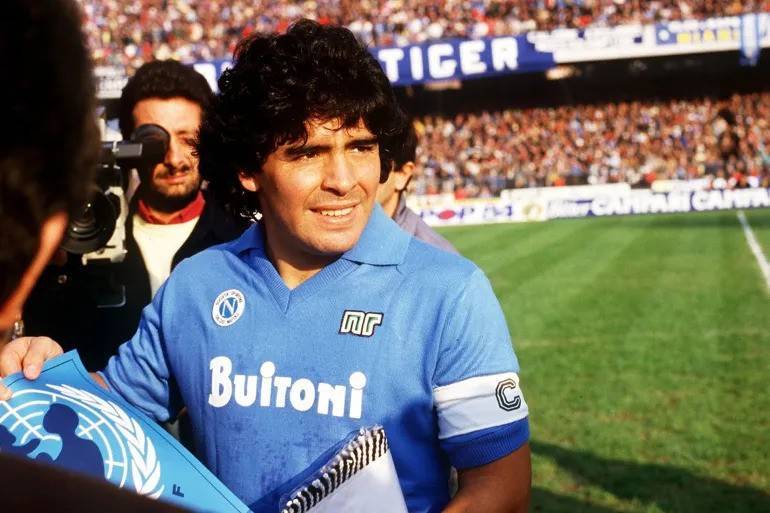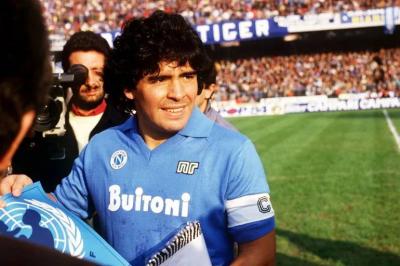A forensic report regarding the death of Argentine football legend Diego Maradona has sparked uncertainty in a criminal negligence lawsuit against eight doctors, just a month before their trial on murder charges. The study was conducted at the request of one of the main defendants, Maradona's neurosurgeon, Leopoldo Luque, as an attempt to challenge a medical examination from 2021 that held Luque and other doctors responsible for what was described as the football star's "preventable death." The defendants denied any misconduct or negligence in their handling of Maradona.
Maradona, who led Argentina to win the World Cup in 1986, died from a heart attack in 2020 while recovering from brain surgery. His death at the age of 60 shocked a generation of football fans and plunged the entire nation of Argentina into mourning. However, within days, the country became preoccupied with questions about his puzzling final hours, and a wave of suspicion escalated when police raided the homes and offices of his doctors, prompting Maradona's family to seek judicial intervention.
Ultimately, prosecutors charged the eight doctors with murder, a serious accusation that leaves open the possibility of premeditation, which could result in potential prison sentences ranging from 8 to 25 years. Forensic expert Pablo Ferrari's report, released on Monday, concluded that Maradona's rapid and irregular heartbeats were "either normal or caused by external factors." Ferrari stated he could not prepare a toxicology report based on Maradona's "insufficient" urine sample.
These findings contrast with those of a 20-member medical committee assigned to investigate Maradona's death, which accused his medical team of acting "inappropriately and negligently," leaving the footballer in pain and without assistance for more than 12 hours before his death. Ferrari's report cast doubt on the seriousness of the situation, suggesting that irregular heartbeats would not cause pain for more than "a few minutes to a few hours at most."
Vadim Mishanchuk, the defense lawyer representing Maradona’s psychiatrist, Augustine Kosachov, told local media, "This represents a radical shift in the case, moving the death from being a heart attack over several days to a condition lasting just minutes."
The prosecutor's office criticized the expert's report, stating that it was hastily compiled within 72 hours and accused Ferrari of neglecting four years of evidence in favor of a "simple slice of evidence" provided by the defense. Prosecutors asserted, "No developments have occurred in the case."




